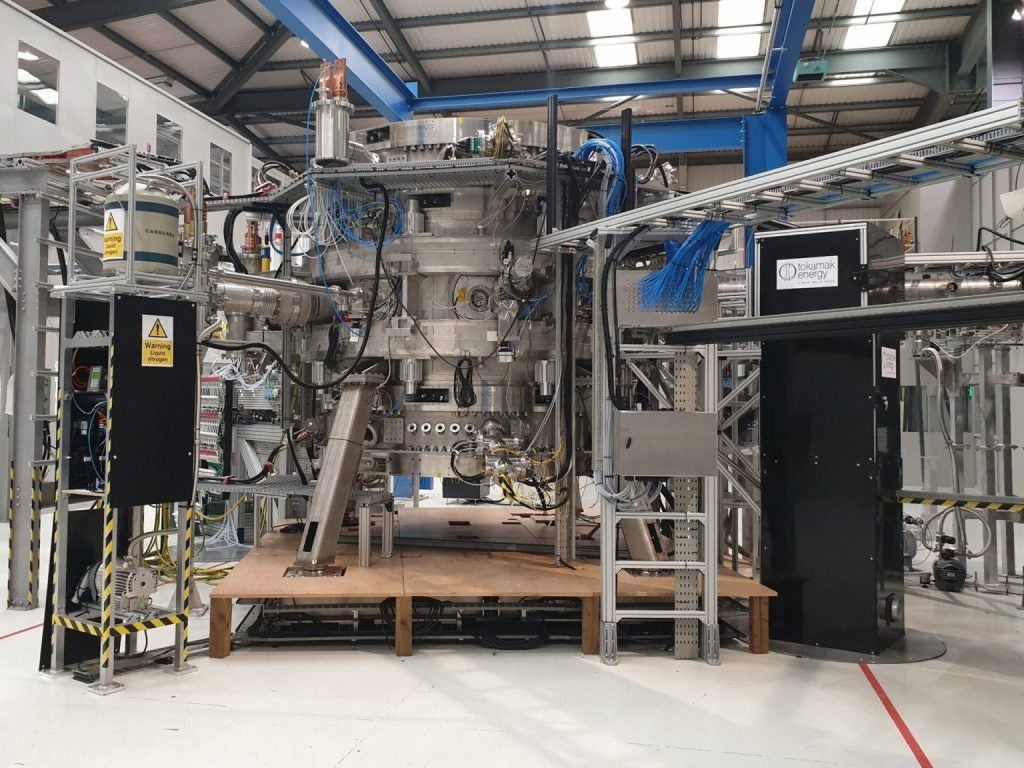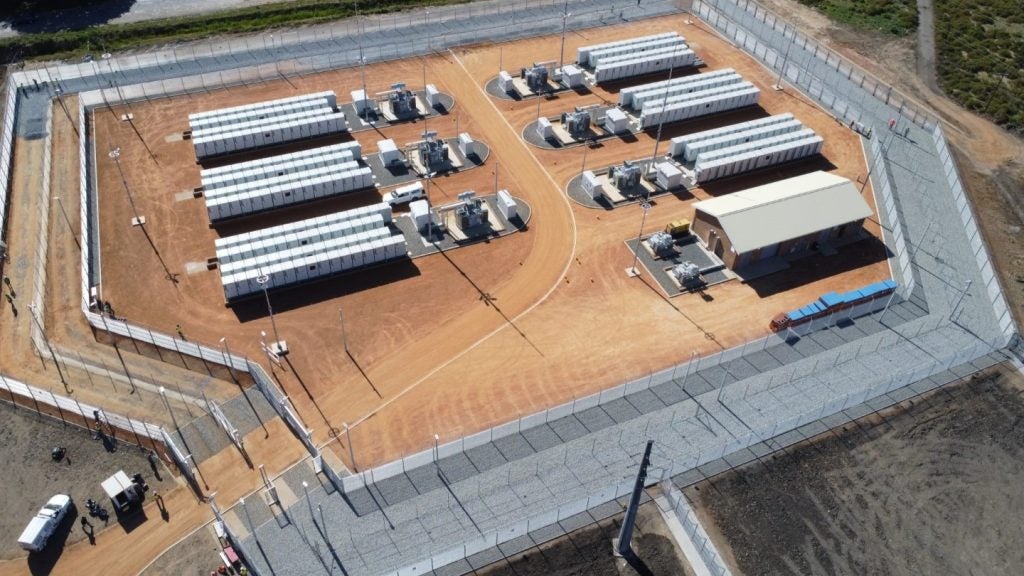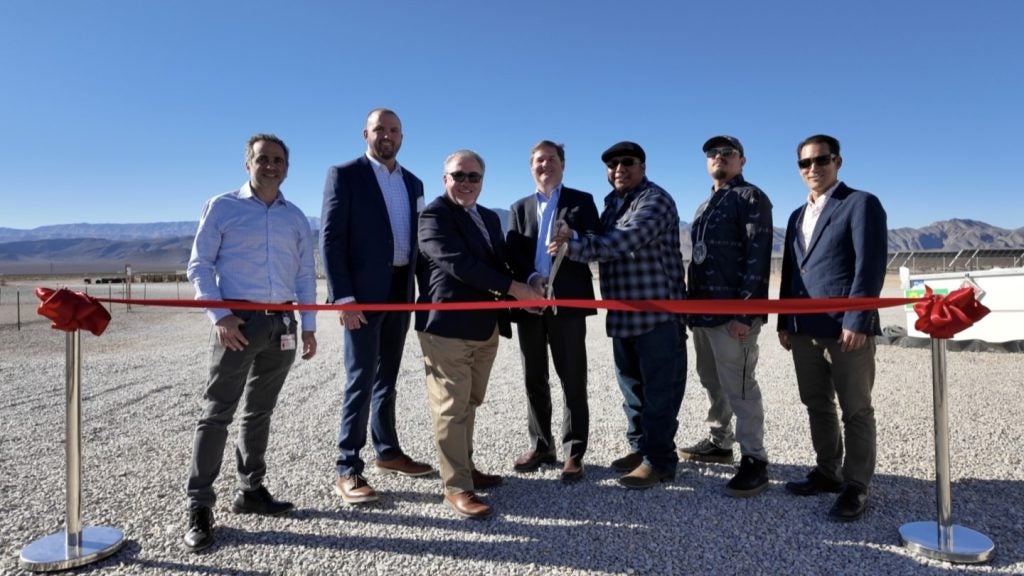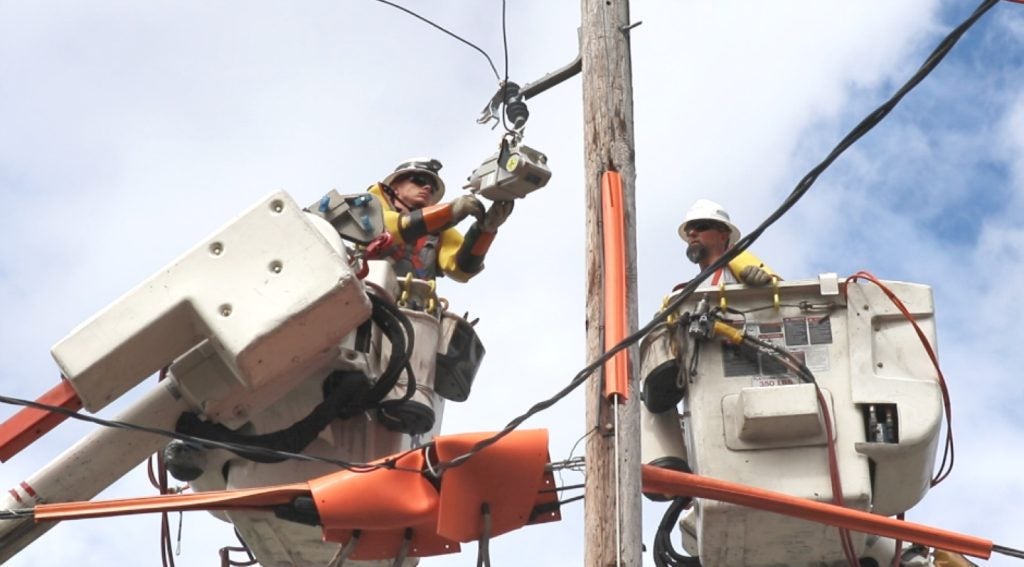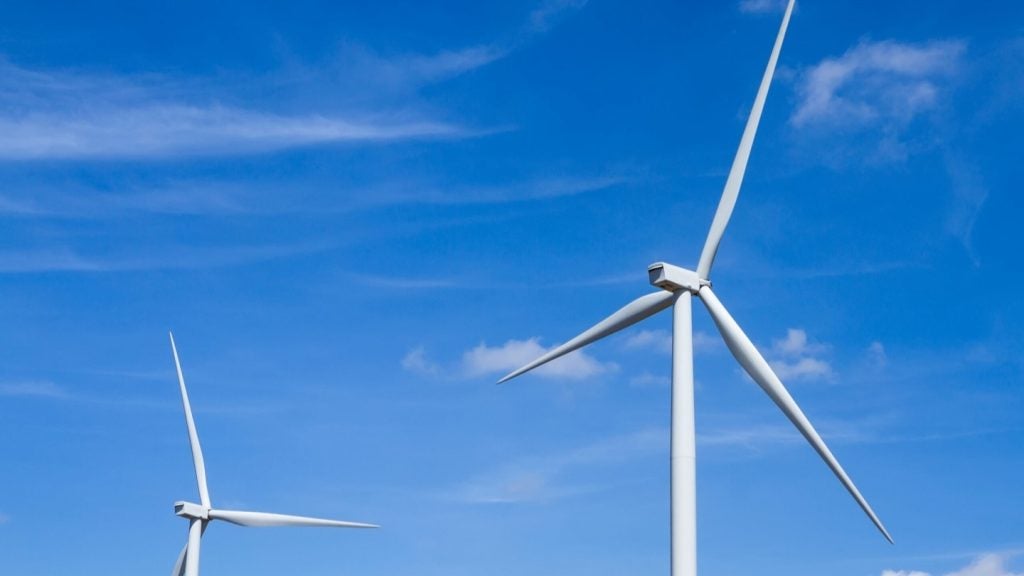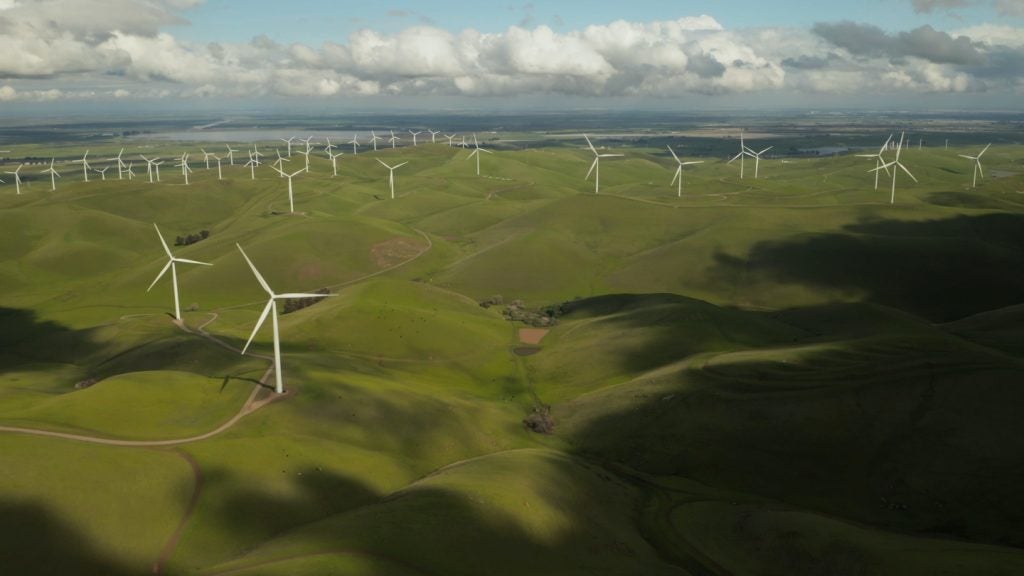On Wednesday the UK and US signed a partnership to advance the development and commercialisation of nuclear fusion technology. Andrew Bowie, the UK’s Minister for Nuclear and Networks, met with US Deputy Secretary of Energy David Turk at the Department of Energy in Washington, DC to sign the agreement.
Under the agreement, UK and US scientists will come together to address technical challenges and share nuclear fusion research and development facilities.
Nuclear fusion involves heating two light hydrogen nuclei to extreme temperatures, causing them to combine into a large nucleus that releases energy, which can be used to generate electricity. This differs to traditional nuclear fission in which a heavy nucleus is split into two larger ones. Fusion is considered safer than fission, as the latter leaves large deposits of nuclear waste that are difficult to dispose of. Waste concerns have triggered protests against nuclear power in the UK.
Bowie said: “International collaboration is key for advancing fusion and achieving our ambition of getting a commercial fusion reactor grid-ready by 2040. The UK and the US are world leaders in this technology, and pooling our resources will unlock new private sector investment.”
This is the first formal international fusion collaboration since the launch of the UK Government’s £650m ($794m) Fusion Futures Programme in October. The programme aims to train labour in the practice of fusion technology and accelerate the development of the industry.
In addition to this funding, the government previously allocated £700m to UK fusion energy programmes for the period 2022–25.
The fusion programme is part of the wider Great British Nuclear policy launched in March this year. Nuclear is thought to play an important role in the UK’s goal of sourcing 95% of its electricity from “low-carbon” sources. The government is aiming for 25% of the country’s energy to come from nuclear sources by 2050.


